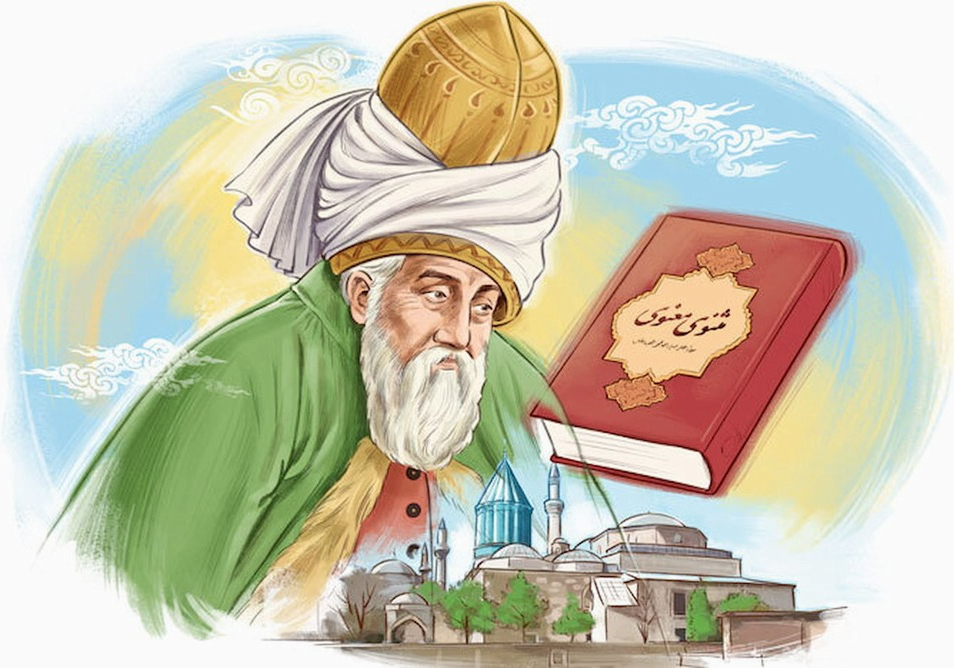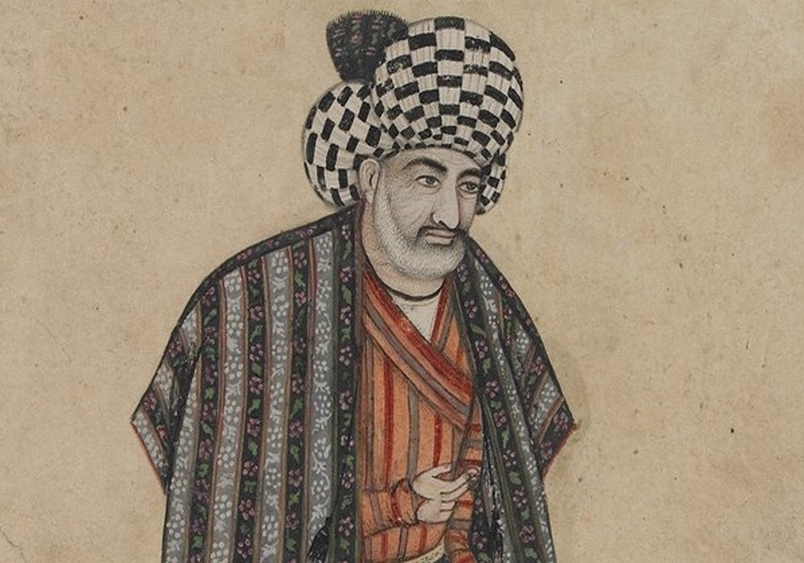
Mulla Hadi Sabzevari: Manifestation of Philosophical Order
Mulla Hadi Sabzevari was a Shiite scholar, mystic, poet, and the greatest philosopher of the 13th century AH (19th century CE), who lived during the Qajar era. Although he did found an independent school in philosophy and has mainly explained and written commentaries on the philosophical theory of Mulla Abdul Razzaq Lahiji and Mulla Sadra, his book “Manzumah” is a complete course on logic and philosophy and has an important place in the Sadraei School of Philosophy. Despite being one of the most important commentators on Mulla Sadra’s philosophy, he also has differences of opinion with him; including God’s knowledge about His own essence, the incidence (huduth) of the world of ‘amr (the spiritual world), the difference between movement and stimulation, the essence of some types of knowledge, and belief in physical and spiritual resurrection. Manzumah is his most famous work in which he has composed philosophy and logic in the form of poetry. Hakim Sabzevari was a poet who had the nickname “Asrar” and in addition to using the basics of wisdom and philosophy in his poems, he made them appear very pleasant and exciting by using mystical issues.
Sharh al-Manzumah (the exposition of Manzumah)
Hakim Mulla Hadi Sabzevari, one of the most brilliant personalities in the field of transcendental wisdom, was born in the city of Sabzevar in 1797 AD. He migrated to Mashhad after completing his elementary studies in Sabzevar and studied literature, philosophy, mathematical sciences, and jurisprudence and its principles. This period was one of the most influential periods in the formation of Hakim Sabzevari’s scholarly and spiritual personality.
After 10 years of studying in the holy city of Mashhad, he went to Isfahan Seminary and benefited from the teachings of such scholars as Haj Mulla Hossein Sabzevari, Mulla Ali Mazandarani, and Agha Mohammad Ali Najafi. He devoted more than 20 years of his life to writing Manzumah and Sharh al-Manzumah (the exposition of Manzuma) in philosophy. Mulla Hadi Sabzevari started composing his poems in 1240 AH (1824 CE) with the aim of organizing a course of logical, mystical, and philosophical topics in the form of poems and rhymes and finally succeeded in completing this important task in 1261 AH (1845 CE). This work of his is made up of two parts of the science of logic and philosophy. The part dedicated to philosophy under the title of "Ghorar al-Fawa’iad”, comprises more than a thousand verses of poems in which important issues of philosophy have been discussed. The second part, too, contains more than 300 verses of poems in which the most detailed topics of logic have been explained in the form of poetry.
Mulla Hadi Sabzevari’s Position in Philosophy
The position of this philosopher was so important that “Agha Buzurg Tehrani” described him in these words: “Haj Mulla Hadi Sabzevari was a religiously wise hakim and a great committed philosopher. He was a scholar who practiced what he preached and was a perfect Gnostic. He was one of the great Islamic philosophers and hakims of Iran in the late 13th century AH who was a role model of the theologians of Islam and the leader of the scholars of philosophy and theology in this era.” Henry Corbin, a contemporary French philosopher, too, in his book “History of Islamic Philosophy” described him in these words: “The novelty of this thinker, above all, can be felt in the personal resonance of his works and the style of organizing his thoughts, which have been inspired by the works of Mulla Sadra, Sohrevardi, and Ibn Arabi as well as the hadiths of the Shiite imams.”
Mulla Hadi Sabzevari’s Works
From among Mulla Hadi’s works mention can be made of: Manzuma and Sharh al-manzuma (the exposition of Manzuma) in philosophy, Asrar al-hikam, Asrar al-'ibada, Usul al-din, Al-Jabr wa al-'ikhtiyar, A commentary on Mulla Sadra's al-Asfar, A commentary on Shaykh Baha'i's Zubdat al-'usul, A commentary on Sadra's al-shawahid al-rububiyya, A commentary on Sadra's Al-mabda' wa al-ma'ad, A commentary on Sadra's Mafatih al-ghayb, A commentary on Suyuti's exposition of 'Ibn Malik, A commentary on Shawariq al-ilham by Mulla 'Abd al-Razzaq, in philosophy, Hidayat al-talibin in kalam (Islamic theology), Al-nibras fi 'asrar al-'asas, in fiqh, Sharh-i du'a-i al-sabah (an exposition of al-sabah prayer), Al-miqyas in fiqh, An exposition of Rumi's Mathnawi, Sharh al-'asma (an exposition of the well-known prayer of al-jawshan al-kabir), A collection of Persian and Arabic essays, Diwan of his poems in Farsi, Rahiq, on the discipline of oratory (badi'), Rah ‘afrah, on the discipline of oratory, and Muhakimat, a rejection of the views of Shaykhiyya
Demise
Mulla Hadi Sabzevari returned to Mashhad in 1242 A.H (1826 CE). and taught at Haj Hassan School for 5 years and trained students such as Ayatollah Haj Mirza Hassan Hakim Damad, Fazel Yazdi, Sayyid Ahmad Adeeb Pishawari, and Sheikh Ebrahim Tehrani known. Hakim Mulla Hadi Sabzevari passed away in Sabzevar on February 27, 1873, at the age of 77, and was buried outside the gate of Sabzevar, which is now known as Zand Square.
February 27 is named the day of commemoration of Hakim Mulla Hadi Sabzevari in the national calendar of Iran.
| Name | Mulla Hadi Sabzevari: Manifestation of Philosophical Order |
| Country | Iran |
| Production Time | 1797–1873 CE / 1212 - 1289 AH |
| Works | Manzuma and Sharh al-manzuma (the exposition of Manzuma) in philosophy, Asrar al-hikam, Asrar al-ibada, Usul al-din, Al-Jabr wa al-ikhtiyar, A commentary on Mulla Sadras al-Asfar, A commentary on Shaykh Bahais Zubdat al-usul, A commentary on Sadras al-shawahid al-rububiyya, A commentary on Sadras Al-mabda wa al-maad, A commentary on Sadras Mafatih al-ghayb, A commentary on Suyutis exposition of Ibn Malik, A commentary on Shawariq al-ilham by Mulla Abd al-Razzaq, in philosophy, Hidayat al-talibin in kalam (Islamic theology), Al-nibras fi asrar al-asas, in fiqh, Sharh-i dua-i al-sabah (an exposition of al-sabah prayer), Al-miqyas in fiqh, An exposition of Rumis Mathnawi, Sharh al-asma (an exposition of the well-known prayer of al-jawshan al-kabir), A collection of Persian and Arabic essays, Diwan of his poems in Farsi, Rahiq, on the discipline of oratory (badi), Rah afrah, on the discipline of oratory, and Muhakimat, a rejection of the views of Shaykhiyya |
| Yard period | the past |
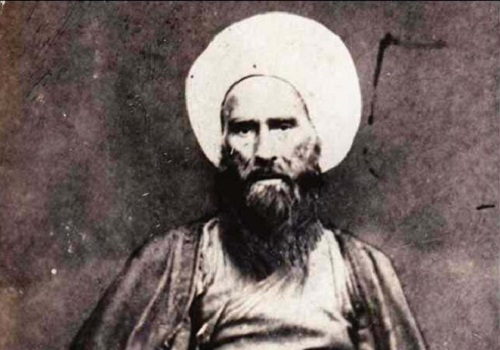
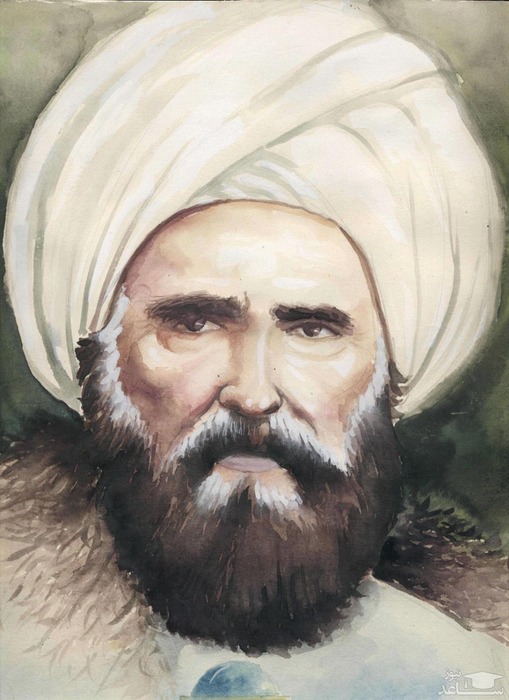
_28.jpg)
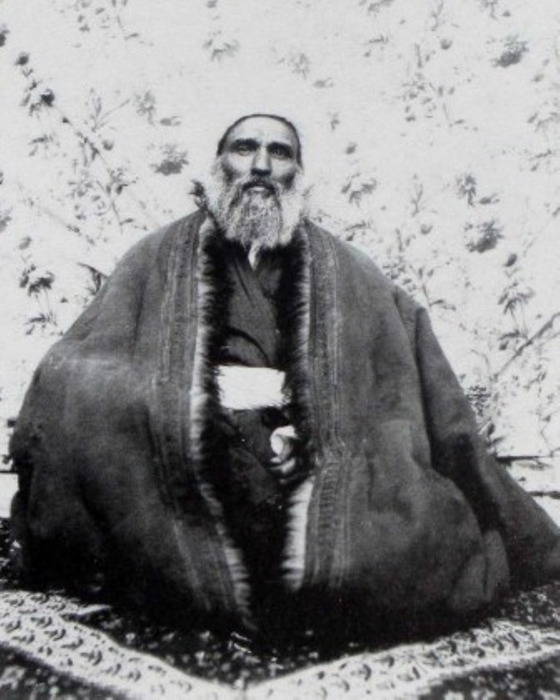


_28.jpg)

Choose blindless
Red blindless Green blindless Blue blindless Red hard to see Green hard to see Blue hard to see Monochrome Special MonochromeFont size change:
Change word spacing:
Change line height:
Change mouse type:





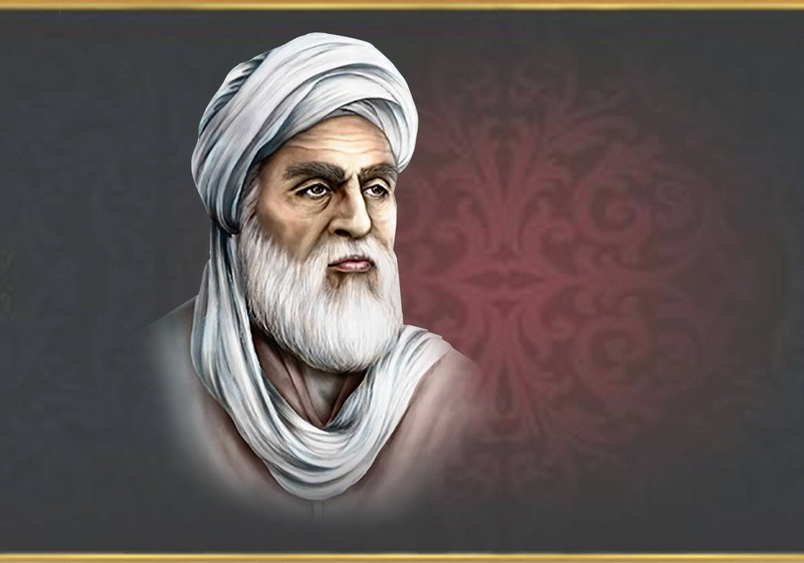
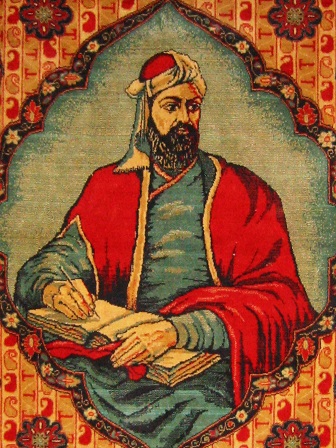



(b)_crop_8.jpg)
